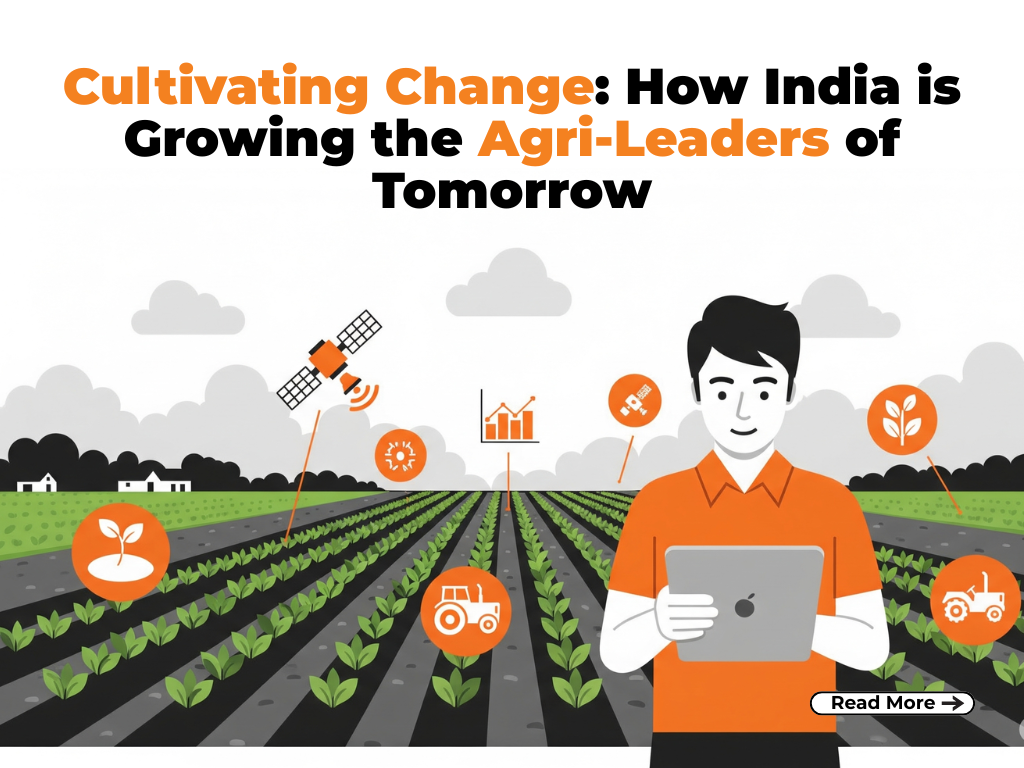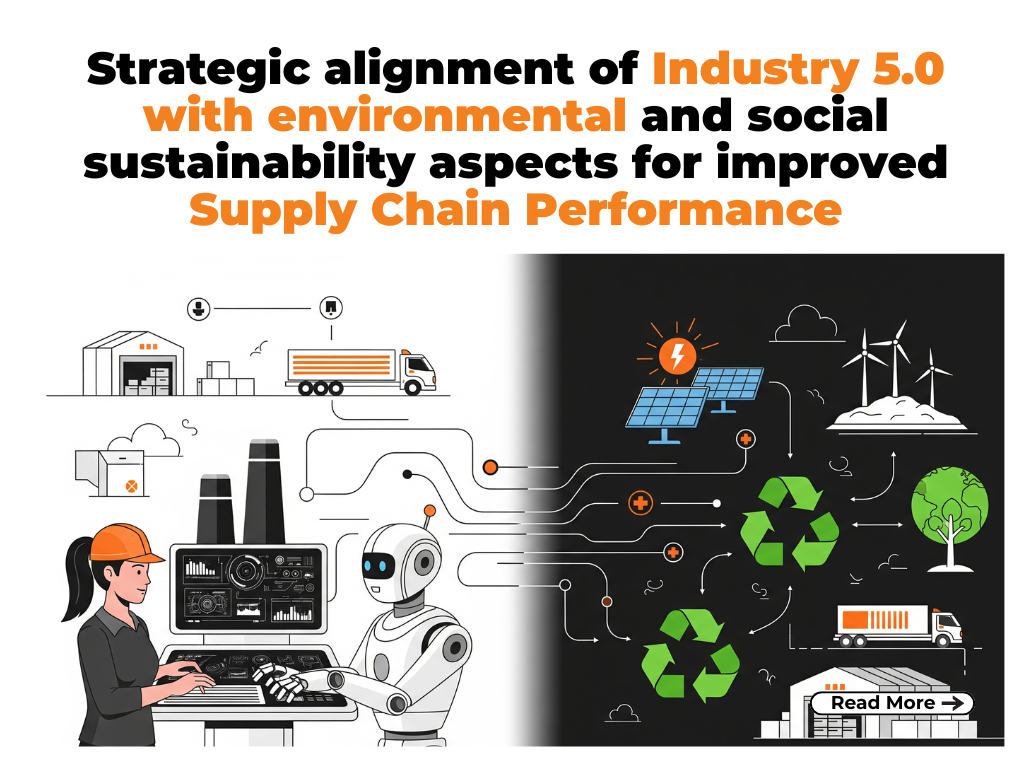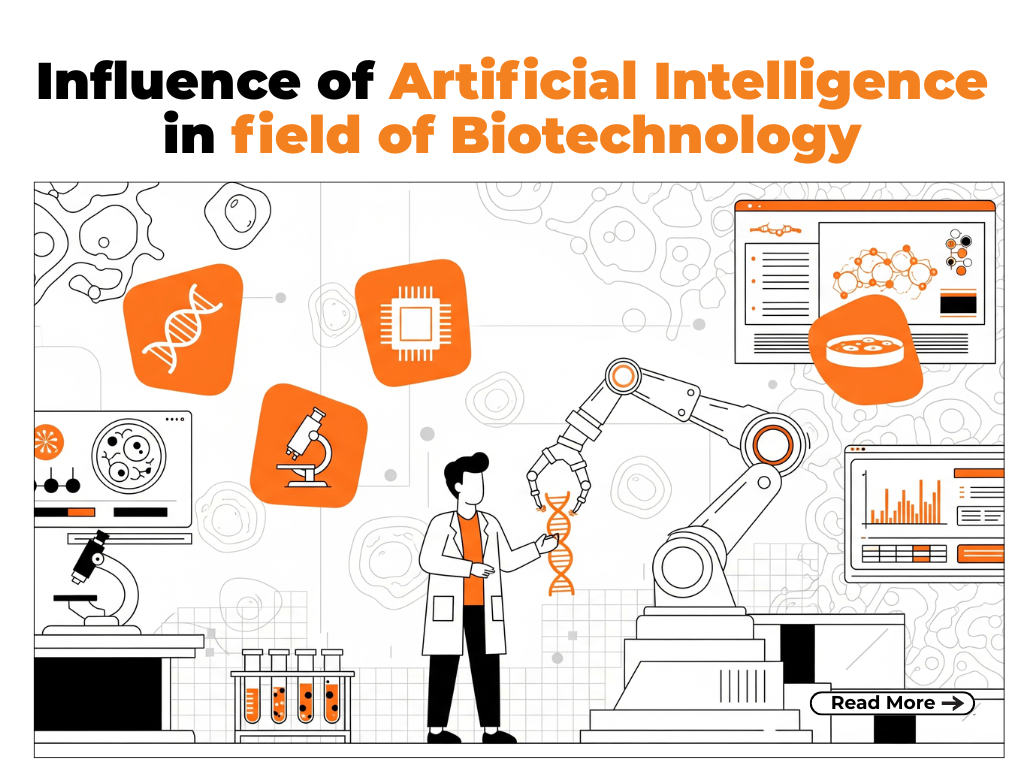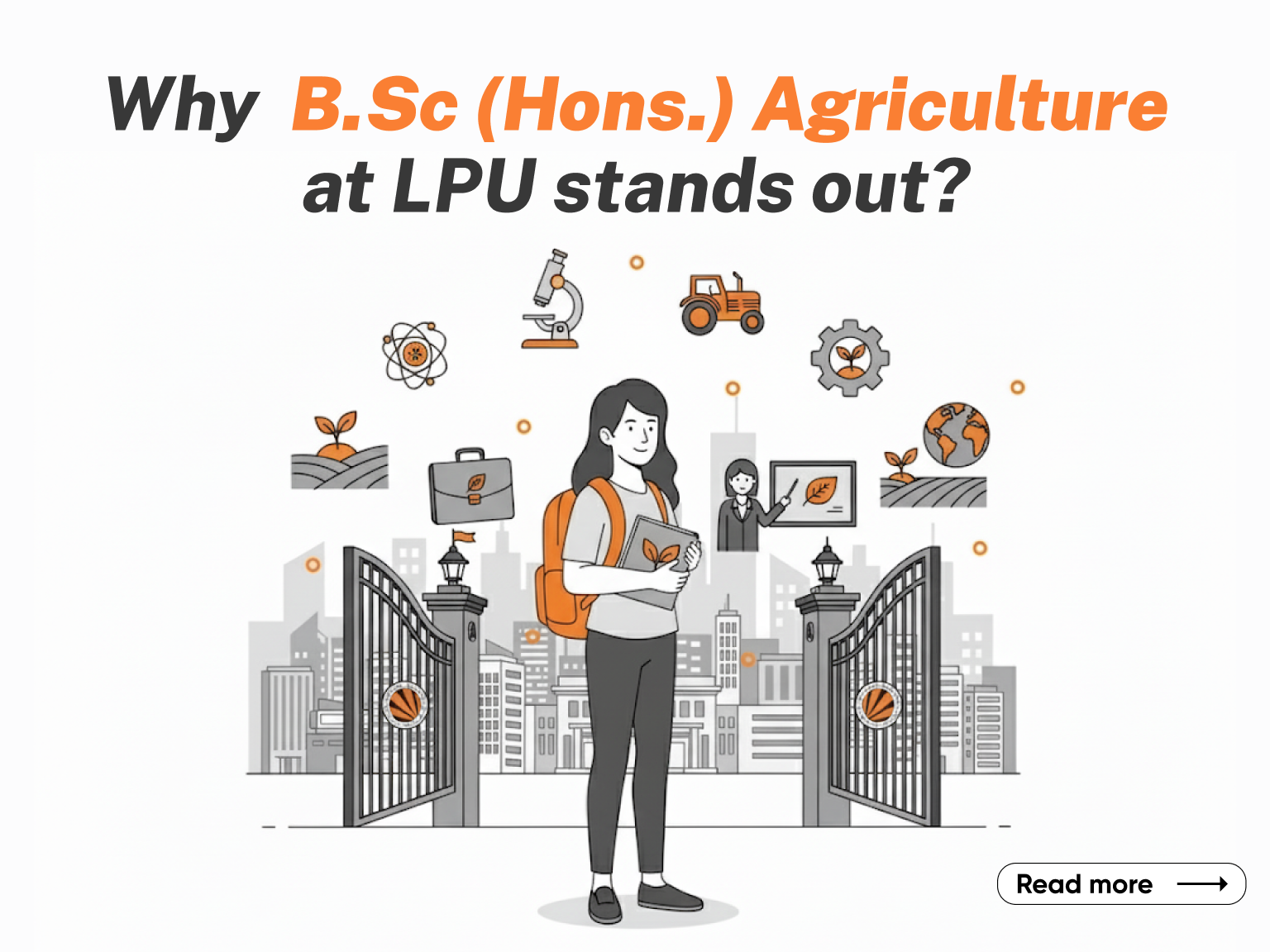In a time where climate change, food security, and sustainable practices dominate global priorities, agriculture has emerged as a powerful force for transformation. It’s no longer just a profession—it’s a purpose-driven path. Across India, progressive educational institutions are nurturing the next generation of agri-leaders, equipping them with the tools to not only grow crops but also grow communities, ideas, and industries.
If your ambition lies in working the soil while shaping the future, here’s how today’s agri-education is planting the seeds of lasting impact
From Classroom to Cultivation: Where Theory Meets the Soil
Gone are the days of textbook-only learning. Modern agricultural education emphasizes direct engagement with the land. Students don’t just study farming—they live it.
- Field First, Then Files: Learners take part in hands-on training from the very beginning. They test soil, plant seeds, manage irrigation, and study crop lifecycles, bringing academic concepts to life.
- Eyes in the Sky: Technologies like drones and climate sensors are integrated into training. Students monitor field conditions, identify crop diseases, and explore precision farming—boosting productivity and sustainability.
Blending Disciplines, Creating Innovators
Today’s agriculture intersects with multiple fields—science, commerce, technology, and the arts. By merging diverse disciplines, education systems are shaping professionals who are both creative and capable.
- Agri Meets App: From designing mobile platforms that connect farmers to urban consumers to using artificial intelligence for smart irrigation, students develop innovative solutions that address real-world challenges.
- Eco-Creativity in Action: Sustainability blends with creativity as students work on biodegradable packaging designs, develop campaigns promoting plant-based diets, or tell stories through visual eco-art.
Rooted in Community, Reaching the World
Impact begins locally. Through immersive community engagement, students connect with farmers, villages, and local businesses to create solutions that matter.
- Local Harvest, Big Impact: Programs involve students in promoting local produce, helping reduce carbon footprints and ensuring fair prices for farmers.
- Student as Mentor: Students conduct knowledge-sharing sessions in rural areas, teaching techniques like organic farming or drip irrigation while also learning from indigenous farming practices.
Built for Resilience, Trained for Tomorrow
Agriculture faces unpredictable variables—weather, markets, and environmental challenges. Preparing students to lead in such a climate means teaching adaptability and resilience.
- Learning Through Crisis: Students are exposed to simulations of real-life agri-disasters—like locust invasions or water shortages. They respond through team-based strategies, gaining critical problem-solving skills.
- Leadership Beyond Titles: Training includes emotional intelligence, ethical leadership, and communication—all essential traits for leading teams, organizations, or rural communities with empathy and vision.
Beyond Books: Real Research. Real Experience.
Education today is focused on experience-driven learning. Students leave with far more than theoretical knowledge—they carry real-world experience, data-handling skills, and research exposure.
- Research with Purpose: Learners work on biotechnology, sustainable farming methods, vertical farming, and agroecology—pushing the boundaries of innovation and contributing to scientific progress.
- Internships That Matter: From agricultural startups to multinational agribusinesses, internships provide a window into the industry’s future—whether it’s soil labs, smart farms, or seed banks.
Entrepreneurship & Agri-Business: Cultivating Changemakers
Agriculture is no longer confined to the fields—it’s a thriving business sector full of opportunities for innovation and entrepreneurship.
- Idea to Enterprise: Students are encouraged to develop agri-business plans—whether it’s launching organic food brands, setting up agri-tourism ventures, or building digital marketplaces for farmers.
- Startup Support: Many institutions now provide incubators and funding support for student ventures, helping ideas grow into impactful, revenue-generating startups.
- Marketing Know-How: Students also learn the business side—branding, logistics, pricing strategies, and distribution—turning green knowledge into market-ready products.
Final Thoughts: Grow with Purpose, Lead with Vision
Agriculture today is more than cultivating crops—it’s about cultivating transformation. Modern learners don’t just study agriculture; they experience it, innovate within it, and lead progress through it. With practical exposure, emerging technologies, and a focus on real-world challenges, education is shaping tomorrow’s agri-leaders.
Whether your ambition lies in pioneering sustainable farming, building a startup rooted in agri-tech, or empowering rural communities—this is your moment to grow
This isn’t just about earning a degree; it’s about joining a movement dedicated to redefining the future of agriculture. Are you ready to plant the seeds for something extraordinary?
- Smart Farming & Agri-Tech: Driving the Digital Revolution
- Shaping Policy & Advocacy: Voices for a Better Tomorrow
These sections further enrich the article with modern relevance and broaden its appeal for students, educators, and policy thinkers.
Smart Farming & Agri-Tech: Driving the Digital Revolution
The future of agriculture is digital. With the global agri-sector rapidly adopting smart technologies, students today are not just future farmers—they’re future tech leaders.
Data-Driven Decisions: Agri-education now incorporates training in data analytics and geospatial mapping. Students learn to interpret satellite images, forecast weather impacts, and assess soil health through digital dashboards. These tools enable more efficient farming with lower environmental costs.
Automation & Robotics: From autonomous tractors to drone spraying systems, learners explore how robotics is transforming traditional agriculture. Simulations, field testing, and real-world demos help students grasp automation’s potential and limitations in both small-scale and industrial farming contexts.
Blockchain in the Field: Some institutions expose students to blockchain applications—ensuring traceability in food supply chains, building trust in organic certifications, and reducing fraud. With this knowledge, graduates are prepared to bring transparency and innovation to agri-business.
Climate-Tech Agri Labs: Innovation labs are sprouting across campuses where students work on climate-resilient crops, carbon farming methods, and water-efficient irrigation. These aren’t just research projects—they’re pilot solutions for tomorrow’s global food systems.
Shaping Policy & Advocacy: Voices for a Better Tomorrow
Beyond the field and lab, agriculture today requires strong voices to influence public policy and community rights. Educational programs now cultivate awareness and leadership in agricultural law, environmental justice, and rural advocacy.
Understanding Rural Rights: Students study land use laws, farmer entitlements, and environmental regulations—enabling them to advocate for fair practices and help shape inclusive development policies.
Agri Journalism & Communication: With dedicated workshops in media communication, learners are trained to use blogs, podcasts, and social media to raise awareness on issues like farmer suicides, climate justice, or food accessibility.
Policy Simulations & Debates: Institutions host policy labs where students role-play as government officials, NGOs, or community leaders to tackle complex agricultural challenges. These debates sharpen critical thinking and introduce students to the policy-making process.
Global Voice, Local Impact: Many graduates go on to work with NGOs, think tanks, or international agencies where they can influence food policy, support marginalized farmers, or contribute to sustainable development frameworks.
Conclusion: From the Ground Up, a Movement is Growing
The landscape of agricultural education in India is evolving rapidly—redefining what it means to be an agri-professional. Today’s students are not just cultivators of crops but cultivators of innovation, sustainability, entrepreneurship, and justice.
Whether they’re coding agri-apps, launching startups, creating biodegradable materials, influencing policy, or working side-by-side with farmers—this generation is rewriting the future of food and farming.










![Is B.Tech. Aerospace Engineering [Lateral Entry] the Right Course for You? Is B.Tech. Aerospace Engineering [Lateral Entry] the Right Course for You?](https://www.lpu.in/blog/wp-content/uploads/2025/10/B-Tech-Aerospace-Engineering-Lateral-Entry-03-1.png)



